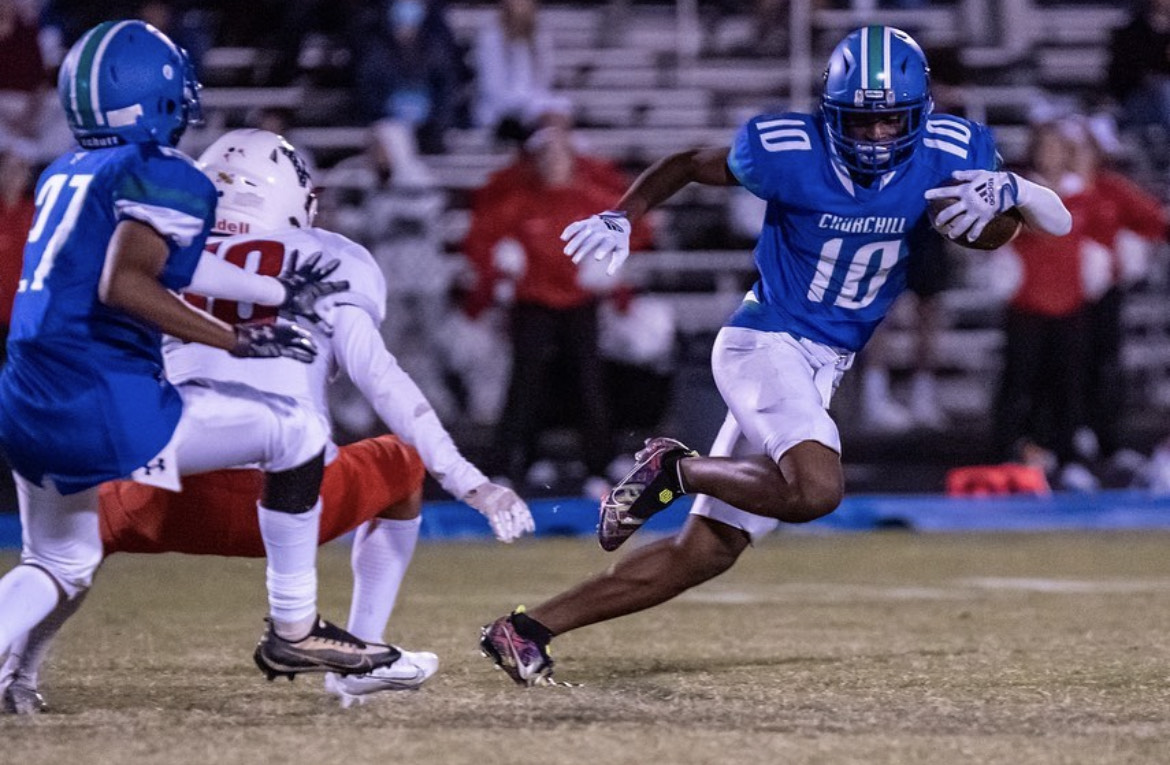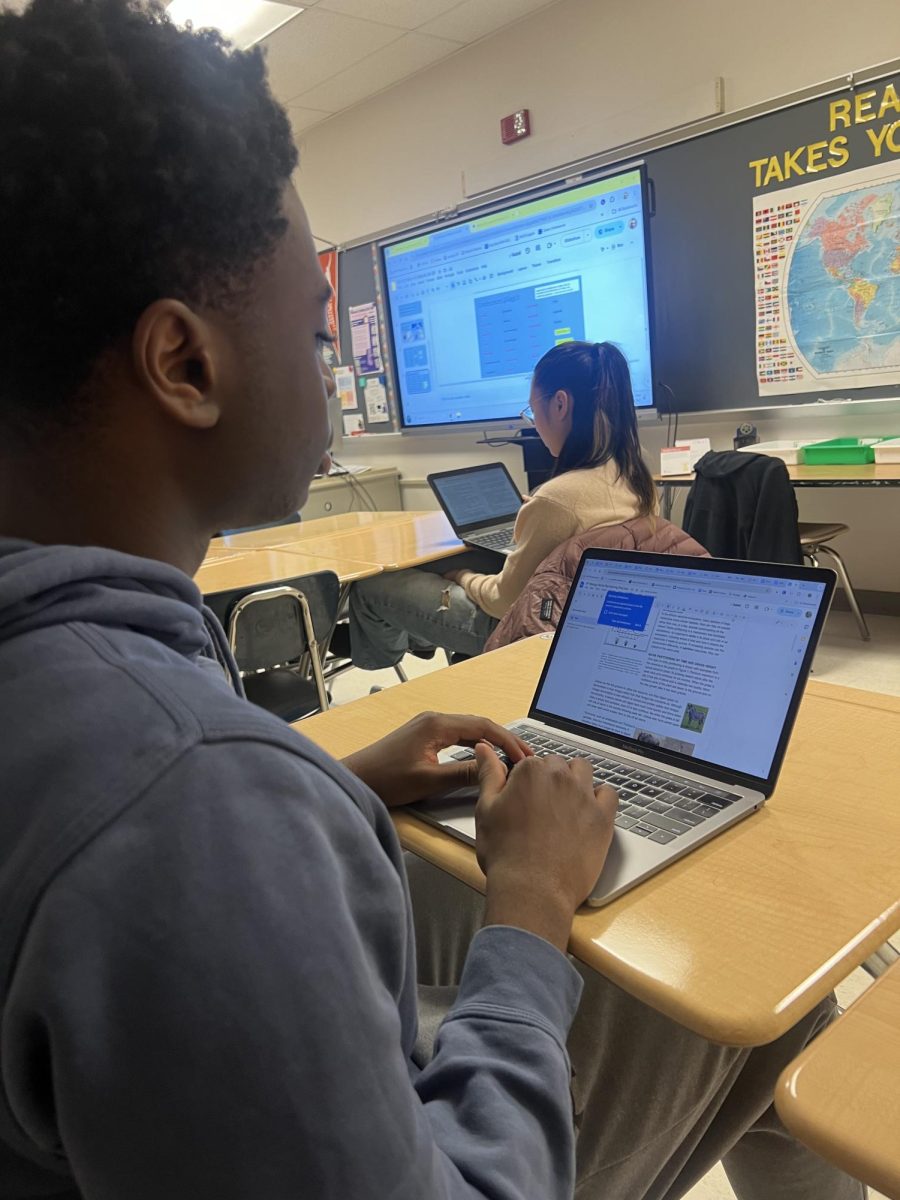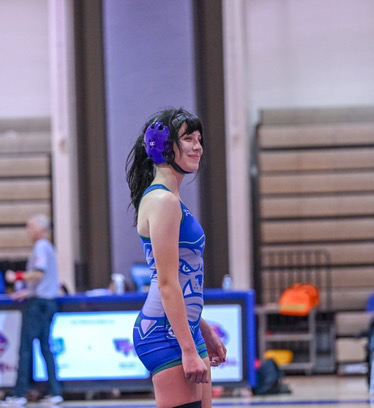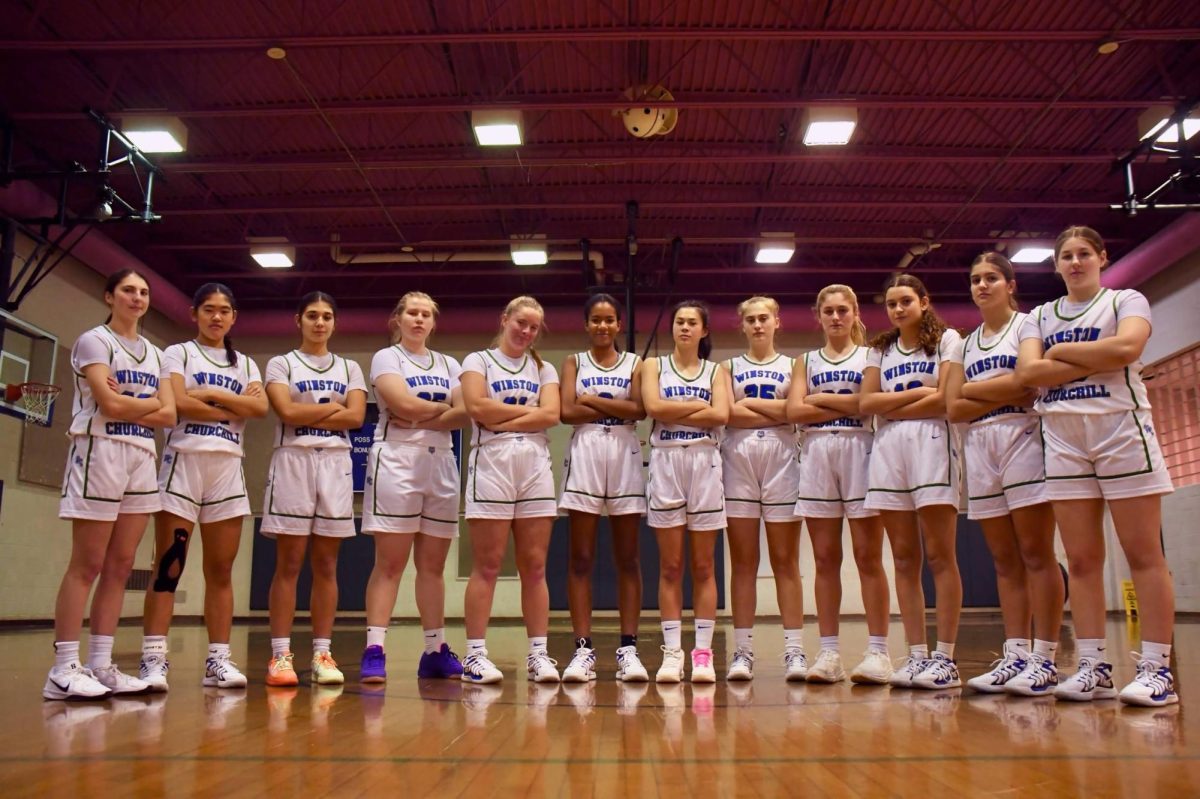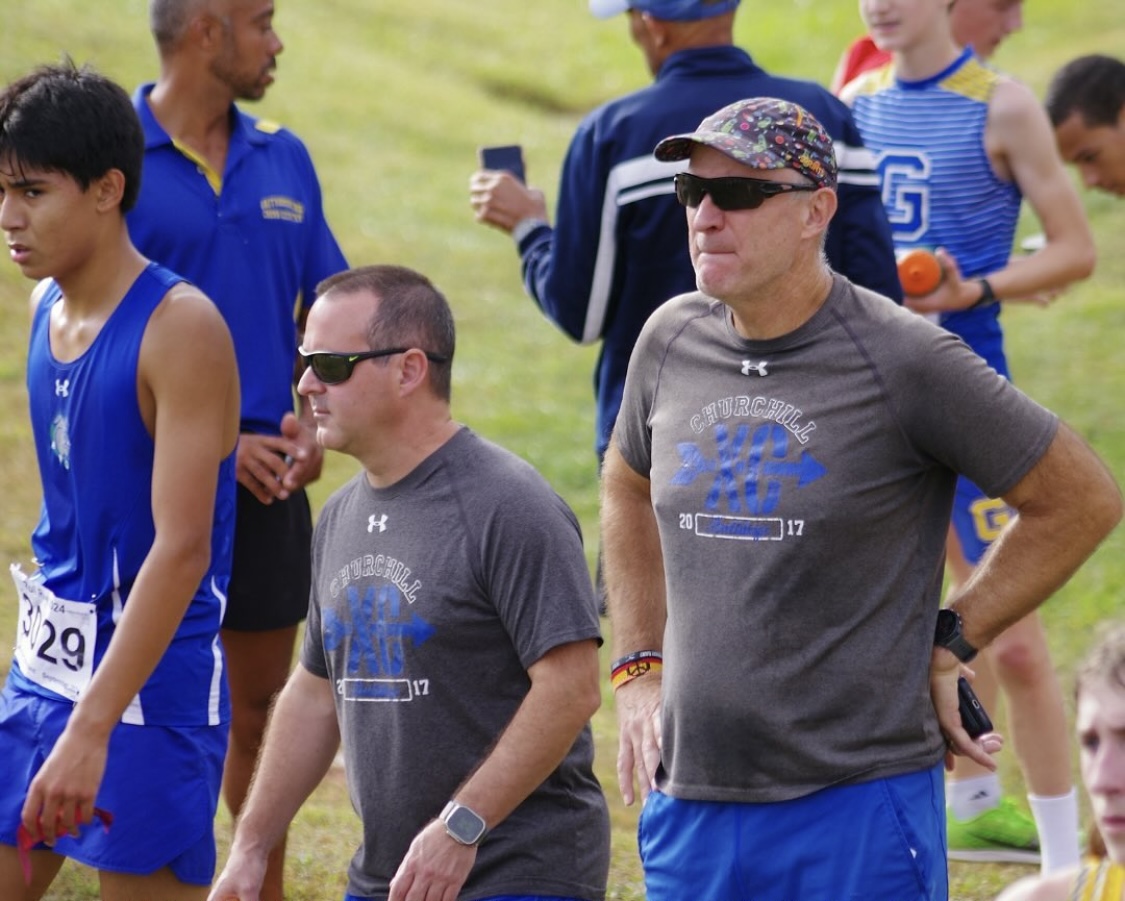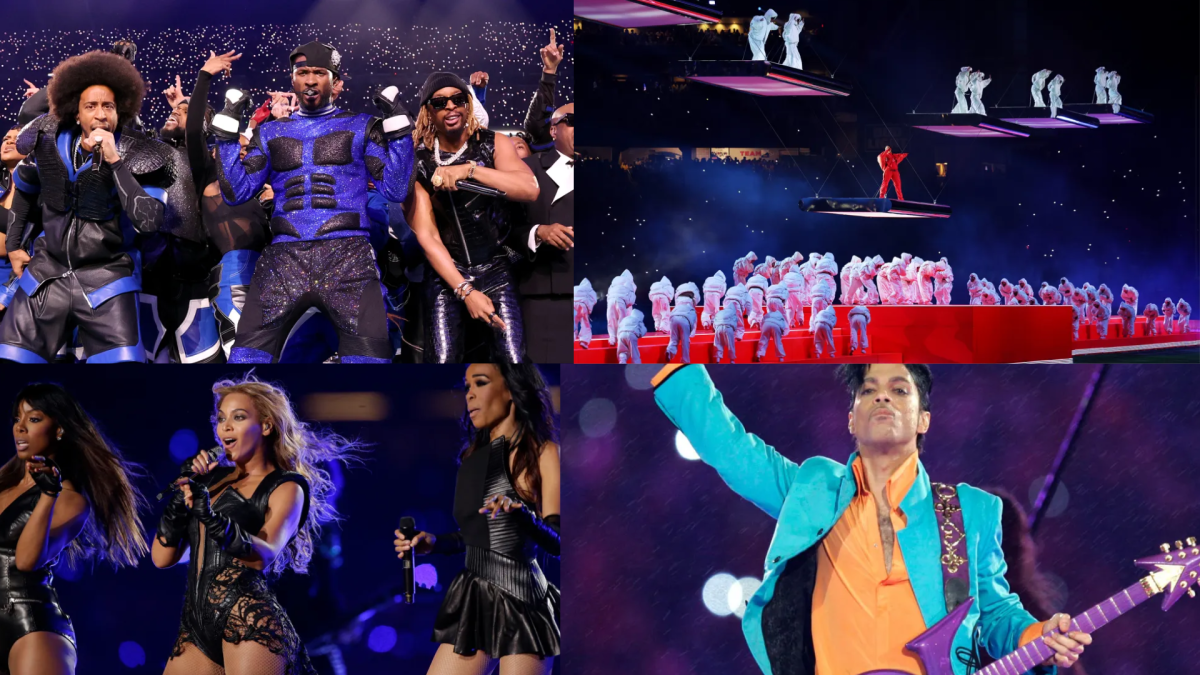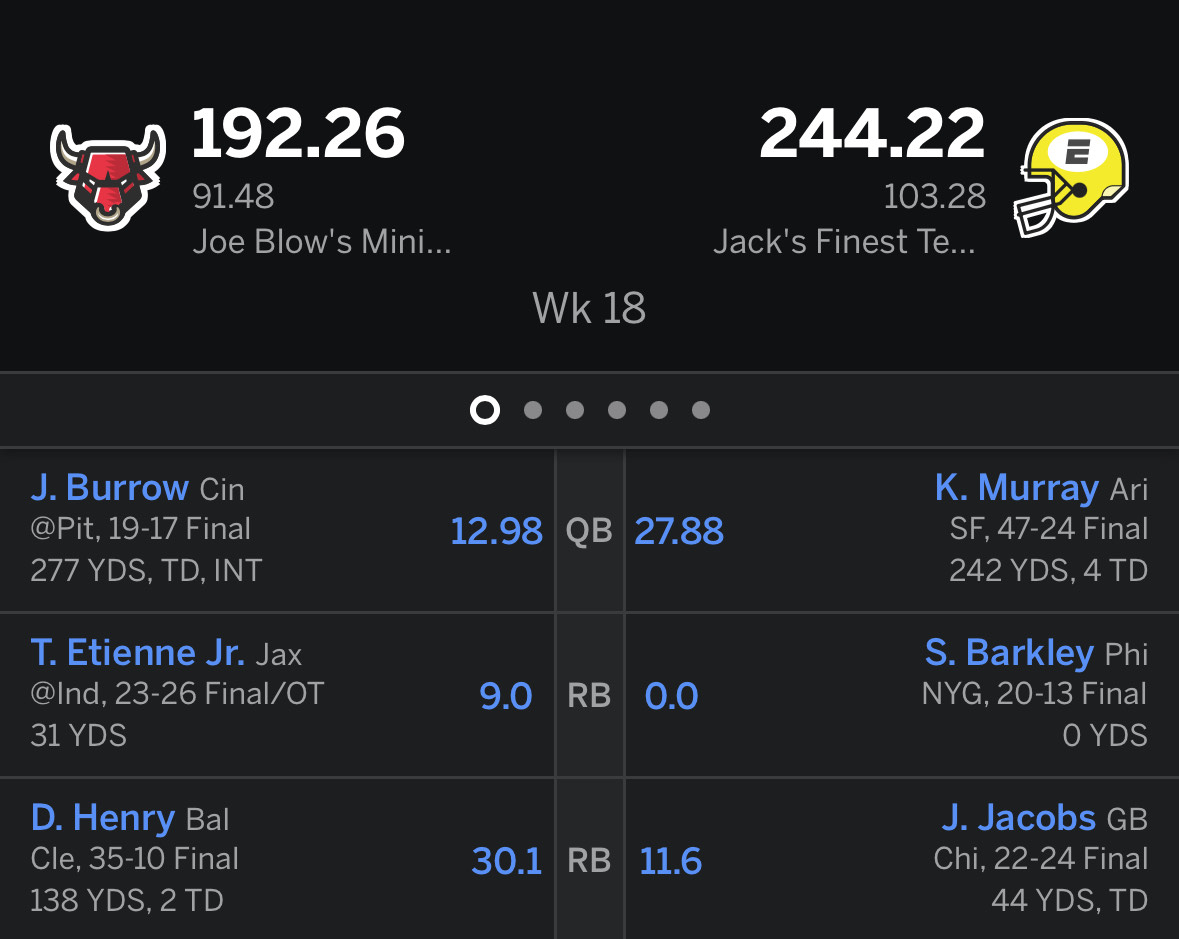For some, the end of high school means the end of playing their favorite sport. However, for others it opens a new chapter for college sports. Shifting from playing for a high school team to a college team can be challenging. The transition can also be bittersweet, knowing that four years at WCHS is coming to a close.
It is important to learn important lessons to help for the future. Learning lessons is crucial because it helps individuals grow and improve. This process enables people to navigate challenges more effectively.
“I have learned to accept any and all feedback with an open mind,” WCHS senior and four year Varsity Field Hockey player Emma Datch said. “We receive feedback from coaches in order to improve our game, and if we let that feedback get into our heads and shake our confidence, we will never grow. As an athlete, you need to have complete confidence in yourself. If you don’t think you have what it takes, nobody will.”
Committing to college for a sport is a lengthy process. It is difficult to navigate alone, and also a challenge to get to the point where it is a possibility.
“The person who has helped me get to this point the most is definitely my dad for introducing me to the sport at such a young age, but also Coach R [WCHS Varsity football head coach] for helping me through the recruiting process,” Layton Johnson said, senior on Varsity football, and committed to John Carroll University.
Support systems are the key to a player’s success because they provide the essential emotional, physical and academic assistance that athletes need to thrive. These systems can include coaches and parents. With proper support, athletes can maintain a healthy mindset while steering through high-stress situations.
“I can’t even begin to name all of the people that supported me through my process, but specific mentors have stayed by my side and had faith in me throughout my field hockey career,” Datch said. “My high school coaches: Coach Cay, Coach Margaret, Coach Amy, and Coach Candy have continuously advocated for me when I sometimes don’t believe in myself. My family has shown up to every game, rain or shine, and are my biggest cheerleaders. My club coach, Gloria, holds me to a standard that she knows I can attain and has never let me give up on my dreams. Last but not least, my club and high school teammates make me excited for every practice with their encouraging energy and familial love.”
It is okay and necessary to not always be perfect and to make mistakes because those experiences are fundamental to learning and growth. To not always come out victorious in some instances can provide valuable insight into what works and what does not.
“My biggest challenge was falling just short of our goal of winning states three years in a row,” Datch said. “Although those three losses were a challenge, they not only fueled me to work harder but also reminded me that the journey is just as important as the results. Although we did not win States, our improvement every year was spectacular and the memories made surpassed any state finals.”
Transitioning from high school to college sports can be challenging due to the increased level of competition, rigorous training schedules, and heightened expectations. College athletes often face more intense demands in every factor.
“I think the physicality is going to be a big change,” Johnson said. “[To get to the collegiate level], I think that playing for a long time has helped a lot. , My biggest priority [for preparation] is getting my size up for the college level.”
Leaving high school sports can be emotionally challenging for athletes. High school sports is not just about playing, but about the community created within a team. The athletes share strong bonds and cherished memories.
“WCHS Field Hockey has acted as my second family for these past four years,” Datch said. “My teammates were my first friends I made in high school, and the cohesiveness and companionship we had with each other was unmatched. I cannot thank my coaches and teammates enough for the lasting impact they have had on me as a player and as a person.”


